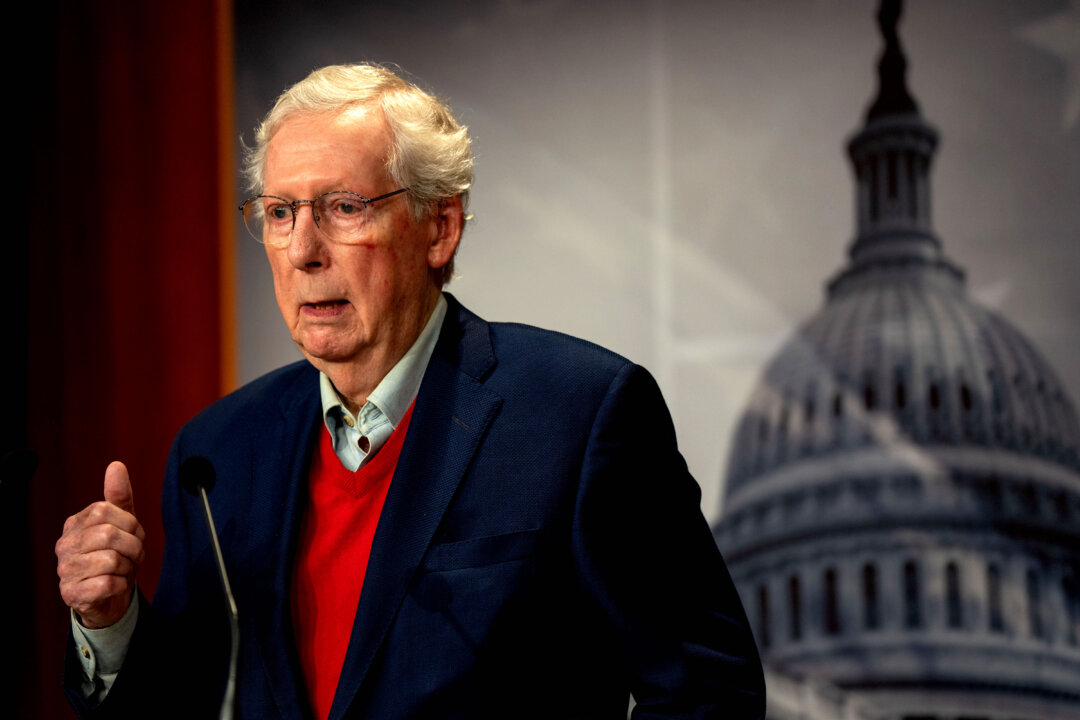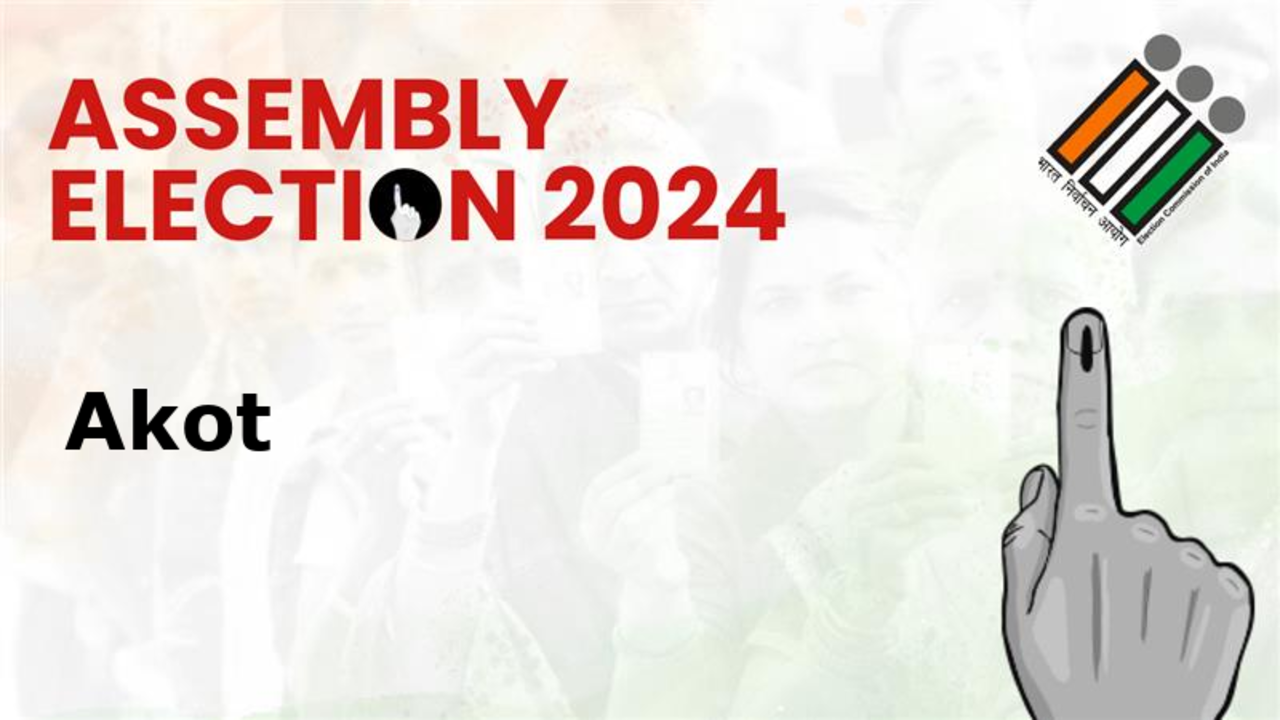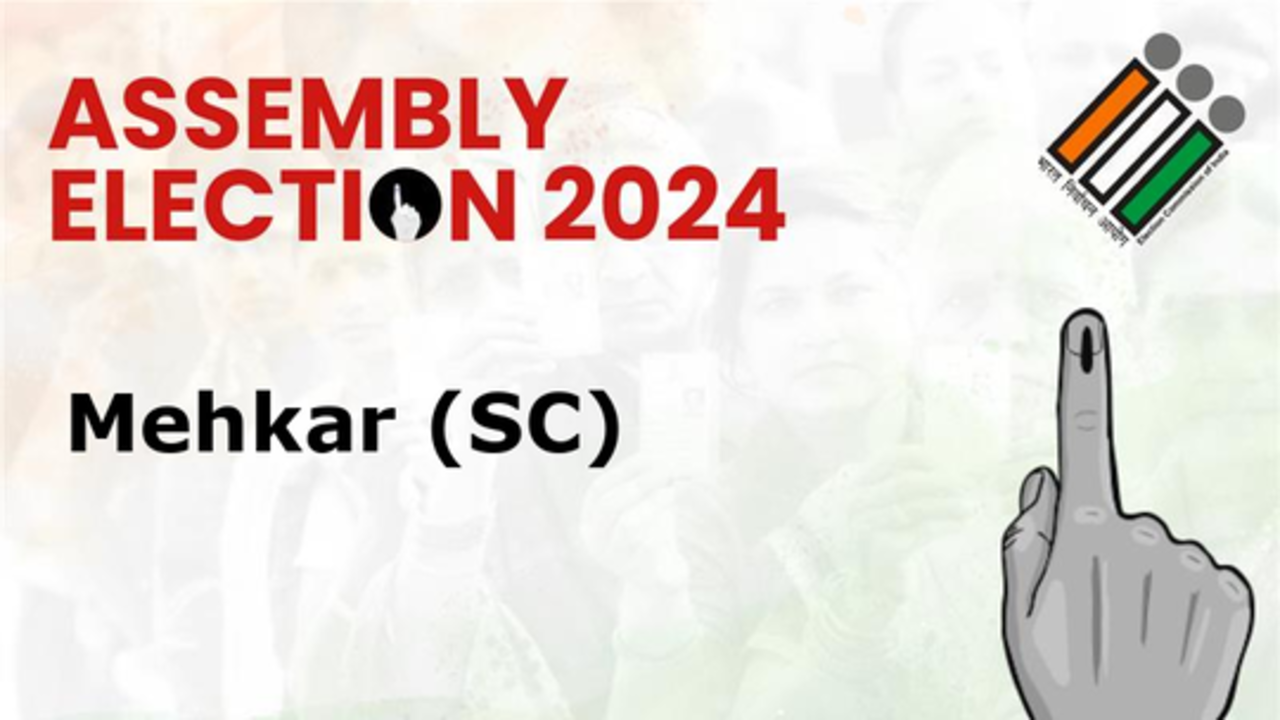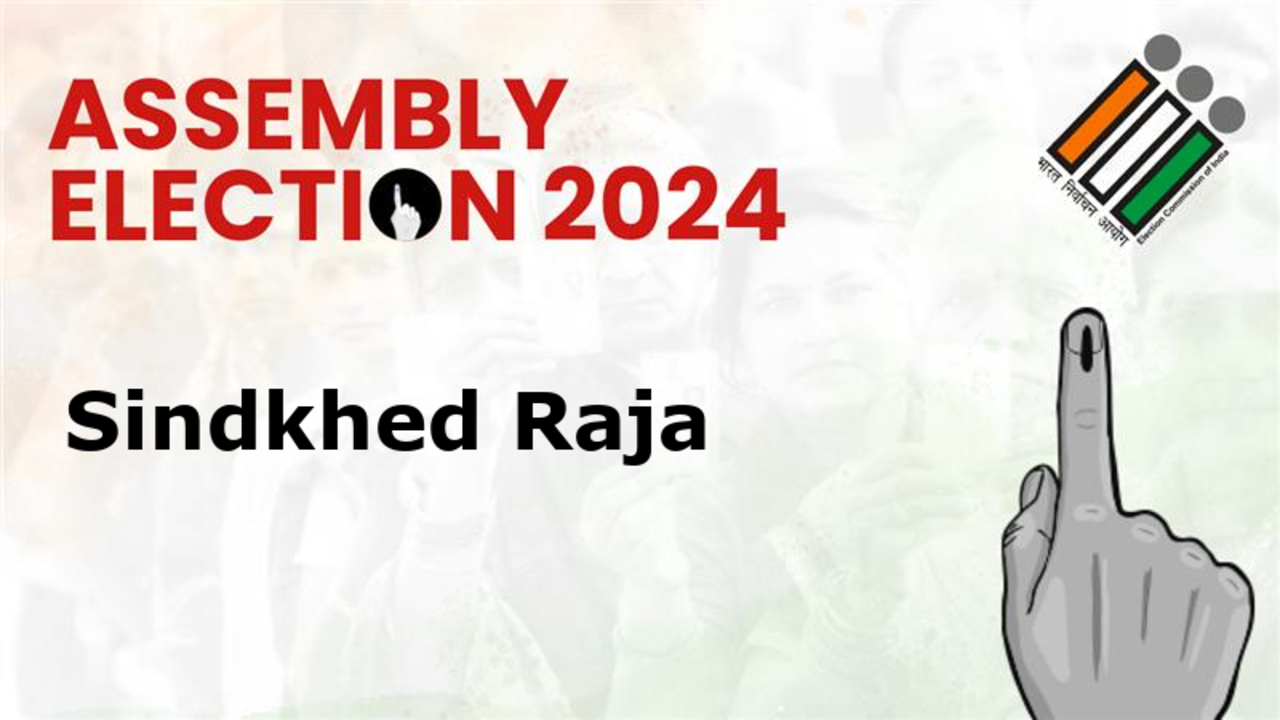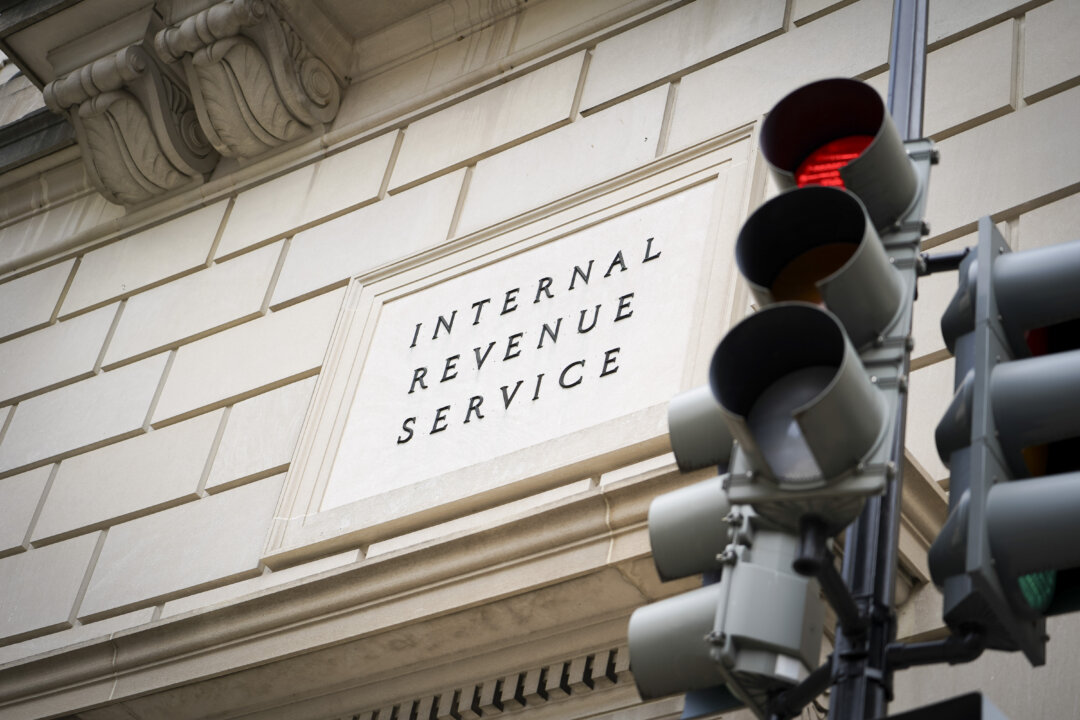
David Johnson, the Biden administration’s nominee for Inspector General for Tax Administration (TIGTA), vowed Thursday to rigorously investigate allegations of IRS misconduct, including politically motivated audits and unfair targeting of small businesses with tax audits. Finance Committee Chairman Sen. Ron Wyden (D-Ore.
) asked Johnson how he would prevent politically driven misuse of IRS authority. “If you’re confirmed as Inspector General, what actions will you lead at TIGTA to ensure that Americans are not being targeted for audit or investigation based on their political affiliation?” Wyden asked. Johnson assured the committee that tackling such abuses would be a top priority.
He pledged to swiftly investigate any allegations of politically motivated tax audits and report his findings to Congress and other stakeholders. “I believe that one of the core responsibilities of any Inspector General, by statute, is to prevent fraud, waste, and abuse, and targeting of any American based on their political affiliation, to me, would be an extreme level of abuse,” Johnson said. “Anybody ordering the IRS or asking the IRS to target political opponents or take action based on political identity would be an abuse of power and would be something that TIGTA would play a role in preventing.
” “If you’re confirmed, will you commit to further reviewing these IRS audit processes to ensure compliance with that 2022 directive and the protections that need to be there for these small businesses that all of a sudden find themselves as the target of the IRS?” Blackburn asked. Johnson assured her he would investigate the matter. “Given that TIGTA has already issued a report on this very issue, it does seem appropriate for a follow-up,” Johnson said, pledging to provide a full briefing on the findings of the follow-up probe and promising to keep Blackburn and other stakeholders informed.
Blackburn said that concerned taxpayers have told her they’ve “seen an increased audit rate and find that they are being entrapped.” Previously, Blackburn said the Biden administration’s around $80 billion in additional funding for the IRS has enabled the agency to hire thousands of new employees, including tax enforcers, which she said has sparked fears of increased audits targeting small businesses and middle-income households. The TIGTA report Blackburn referenced during the confirmation hearing reveals the IRS’s limited progress in implementing the 2022 directive.
The report noted that the agency has yet to finalize key definitions, including what qualifies as a “small business.” Currently, the IRS defines businesses by asset size, proposing a threshold of less than $10 million in assets. However, this definition is still under discussion and lacks a timeline for completion, the TIGTA report found.
The report warned that delays in establishing a methodology could jeopardize its ability to meet the directive’s requirements by the fiscal year 2025 when audits for the tax year 2023 are set to begin. TIGTA urged the IRS to accelerate its efforts, recommending that the agency work closely with Treasury to finalize its audit rate methodology. In response, IRS Deputy Commissioner Douglas O'Donnell agreed with TIGTA’s recommendation and reaffirmed the agency’s commitment to the directive.
“The Commissioner has publicly committed that the IRS will comply with the Secretary’s directive not to increase audit rates above historic levels for small businesses or households earning less than $400,000,” O'Donnell wrote in a July 30 memorandum to TIGTA. He said that the IRS is working with Treasury to finalize the formal methodology for implementing the directive and that the agency is committed to administering the tax code per the directive’s guidance. O'Donnell also noted that the IRS has taken steps to shift more tax compliance attention to high-income earners, large corporations, and abusive promoters.
These include intensifying work on taxpayers with incomes over $1 million and recognized tax debts in excess of $250,000..








